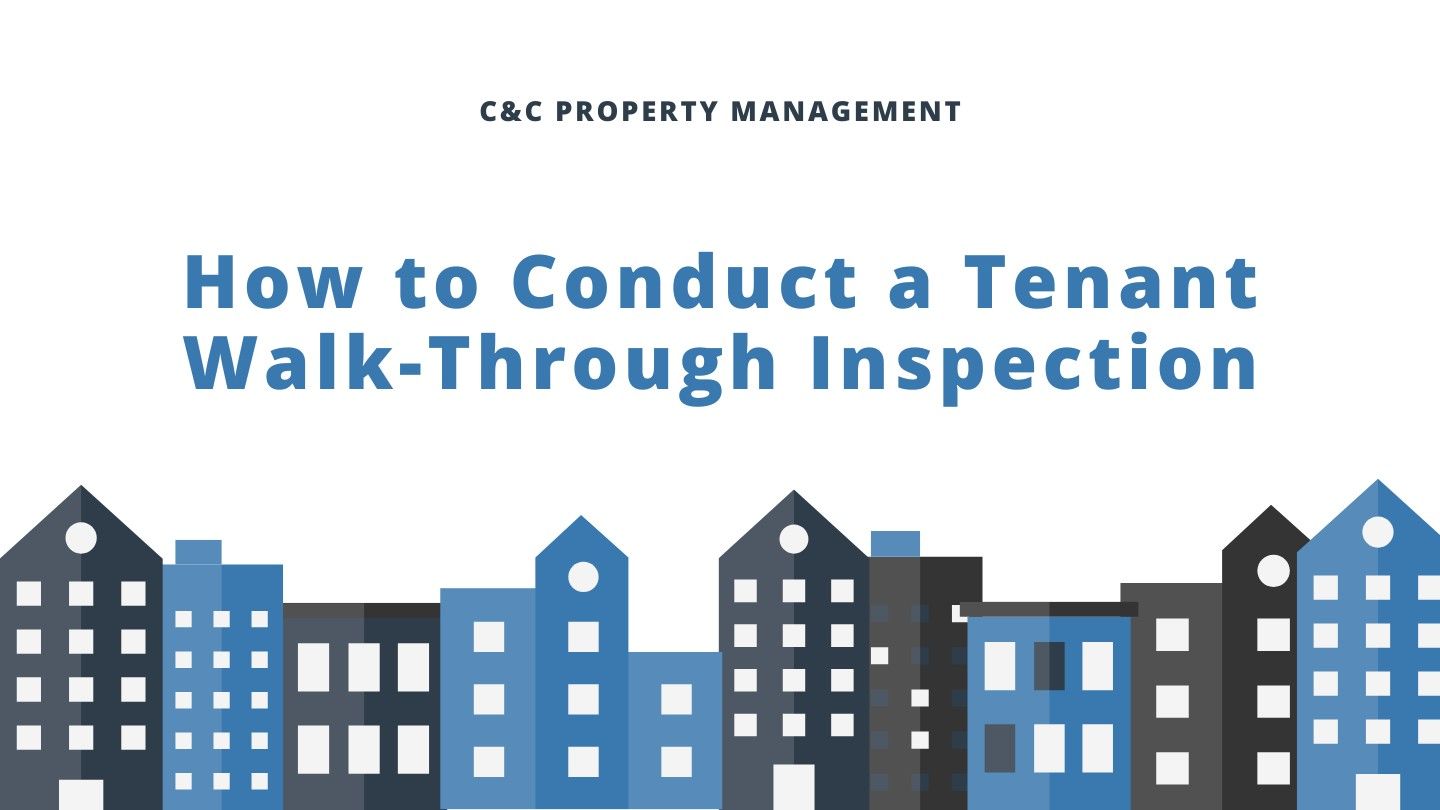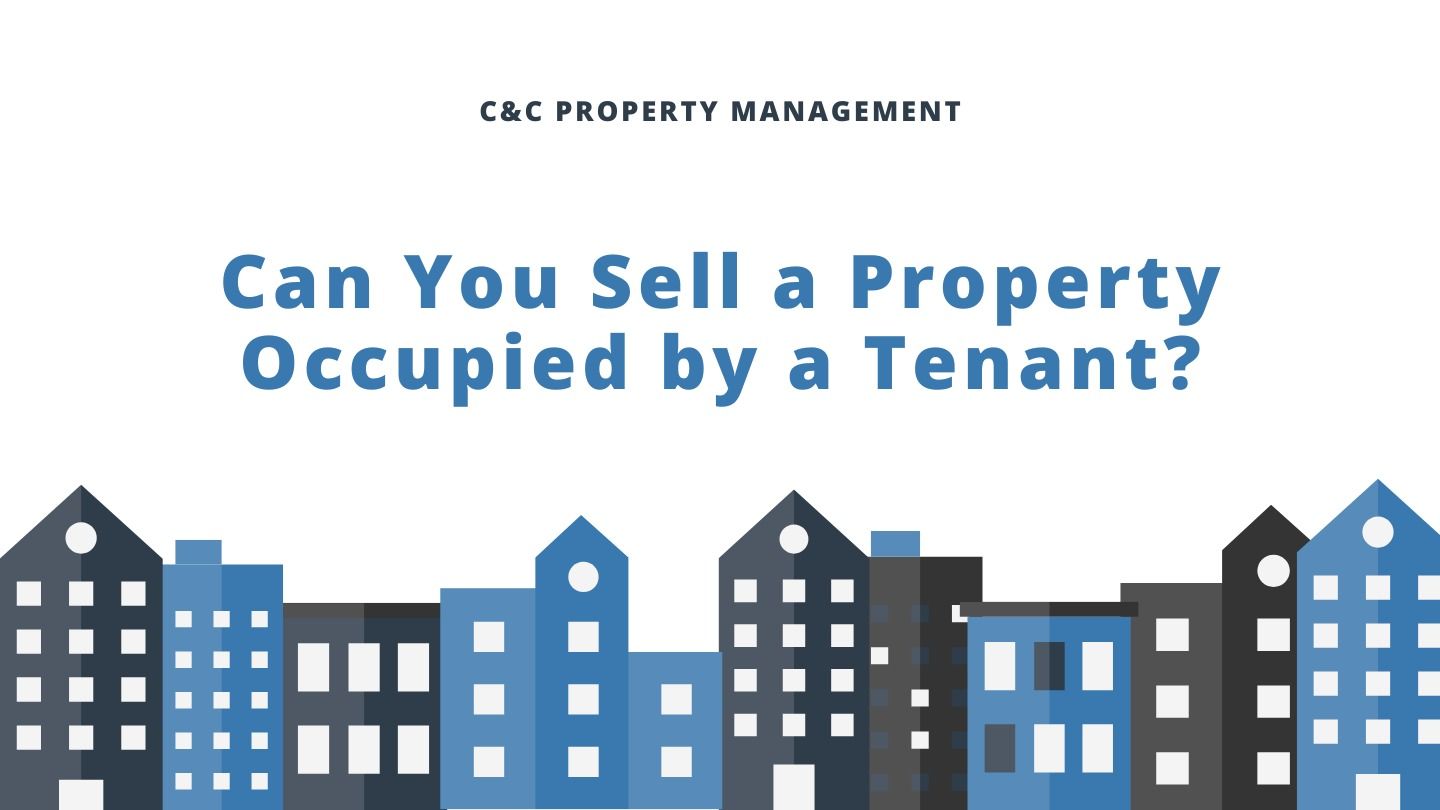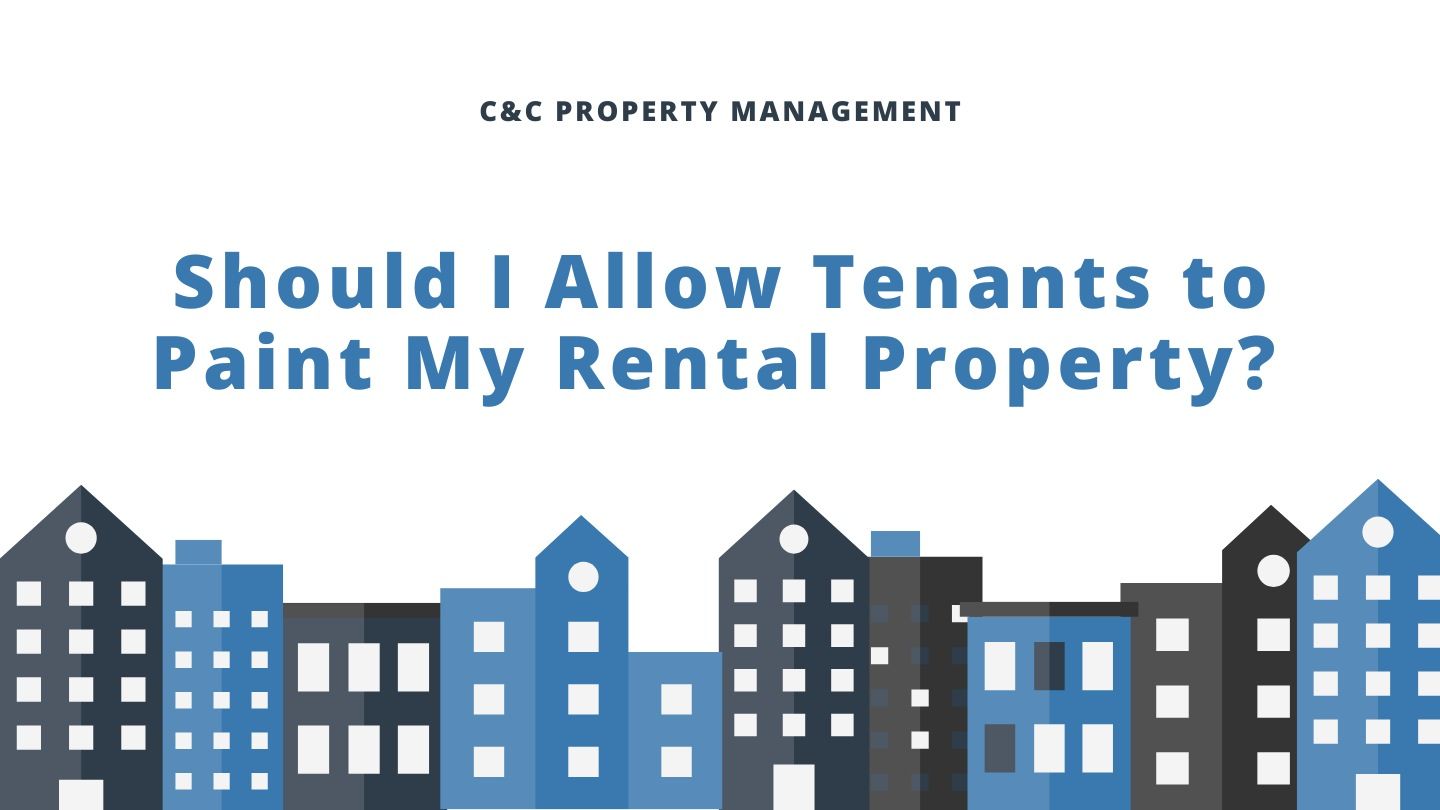5 Key Points to Safeguarding your Rental Property
5 Key Points to Safeguarding your Rental Property Business in 2022
1. Strengthen Your Tenant-Screening Process
Choosing your tenants wisely is critical -- and this year has taught us that in spades. Though the eviction ban has been lifted and many COVID restrictions are now in the rearview mirror, that does not mean that non-paying (or always late) tenants are easy to deal with.
Late payments can mean an unpaid mortgage and delayed property maintenance. And evictions? Those are time-consuming and expensive. Your best bet is to choose a highly qualified, responsible tenant from the start.
C&C Property Management uses a carefully calculated approach to evaluating the best tenants to be placed in your rental property. By sticking to our customer-centric ideals, we are able to work with you or for you to create the best possible outcome for our goals.
2. Reevaluate the Rent Price
According to Realtor.com, rental prices actually notched their first-ever month of double-digit growth in August, with an 11.5% jump over August 2020.
Larger properties have had the biggest increase in price, but even studio units are seeing growth.
If you have not evaluated your rental price in a while, it it time to do it -- especially if you have any leases expiring soon. Luckily, at C&C Property Management we use highly accurate market rent analyses and comparison reports to make sure we are setting the most competitive price!
3. Start a Savings Fund
Every landlord needs a good emergency fund, and this last year (or the past 18 months, really) has made that abundantly clear. A prepared property owner has both the funds to cover unexpected repairs and expenses but hopefully also the funds to supply months of lost rent and income, too.
We suggest landlords should have at least six months of expenses in savings, and if that is not possible, there are other options! Consider signing up for Rent Guarantee Insurance. This covers you in case of rent nonpayment and can help you stay afloat if your tenant goes MIA.
4. Plan Updates and Repairs
Will your property need a new heating/air conditioning unit or refrigerator? Does the siding need to be replaced or repainted? Want to update the kitchen and command a higher rent with new tenants? Then start planning your projects now.
Construction supplies have been in short order lately, and their prices are on a hot streak as well. If you don't want your project delayed or costing much more than you'd hoped, having a plan is crucial. You might consider buying in bulk, spreading your material purchases out over a few months, or just watching prices and being strategic when timing your purchases.
5. Consider Diversifying Your Portfolio
If you really want protection from another year like 2021 (and 2020, to be fair), make a plan to diversify your portfolio. Instead of focusing solely on buy-and-hold rental properties, consider the venture into short-term rentals with services like Airbnb, fix-and-flips, or multifamily developments. The more you can spread into various market niches, the more cushion you'll have if one sector's hit hard.
The Bottom Line
We can't predict the future, but we can prepare for it. If you're a landlord and still reeling from the trickle-down impact of the pandemic, make sure you're ready for anything in 2022. Stow away plenty of emergency cash, look at your tenant-screening process, and consider diversifying your portfolio. The more effort you put into prepping now, the more protected you'll be should something go awry.








